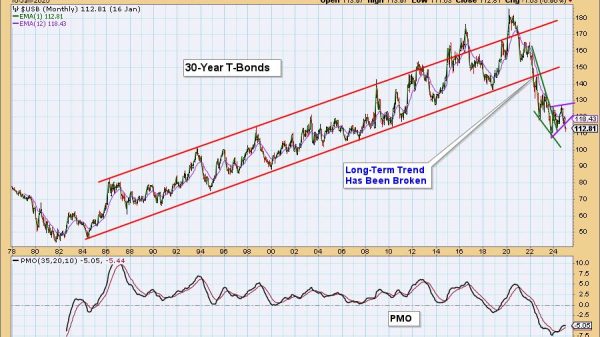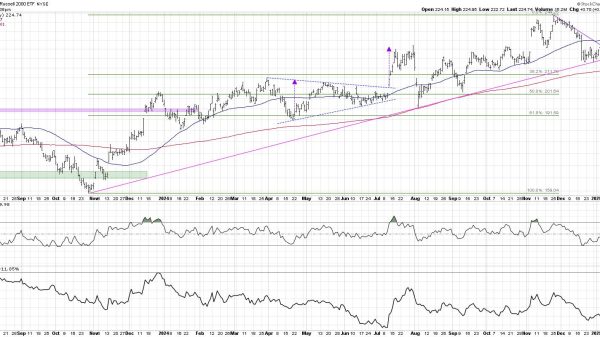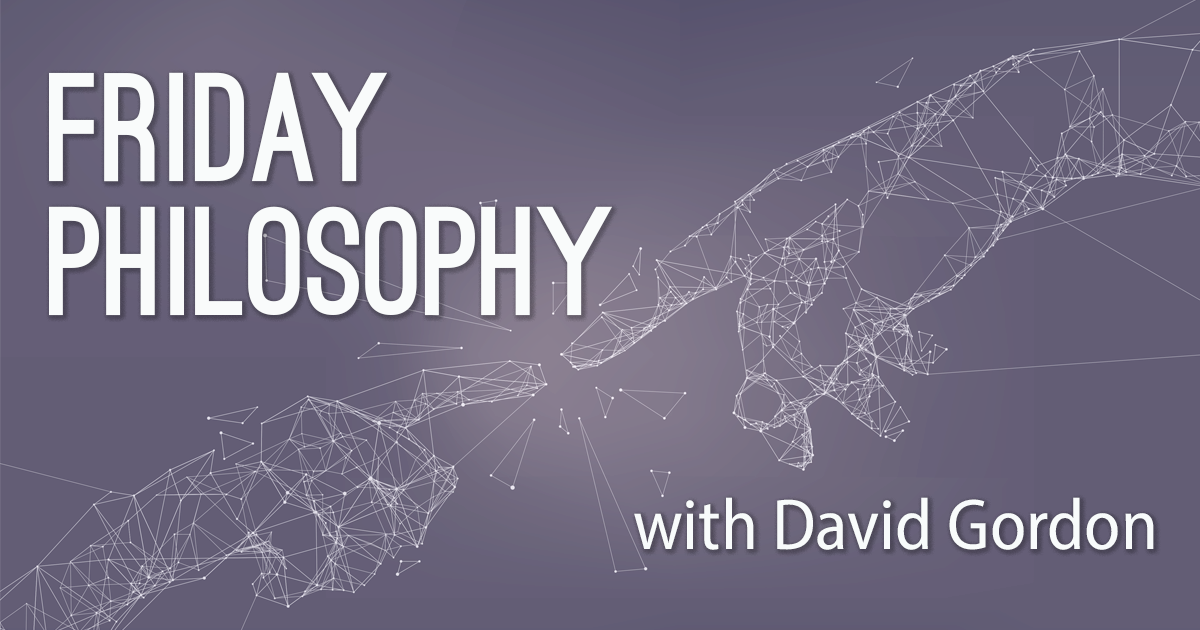Property and Justice: A Liberal Theory of Natural Rights
by Billy Christmas
Routledge, 2021; xii + 184 pp.
What is the basis for property rights? Murray Rothbard’s answer starts from self-ownership. Each person owns himself and on that basis can acquire unowned resources by appropriating them. Most contemporary political philosophers reject Lockean theories of this sort. One of their key reasons for doing so has to do with a crucial part of property rights, the right of exclusion. It may well be, the objectors say, that you are free to gather some tree branches no one else has taken for firewood, and it would be wrong for someone to try to wrest the branches away from you if you are holding them; but if you put them down, why do you have the right to stop anyone else from using them? And suppose some people clear a path for walking but don’t attempt to exclude anyone from using the path. Why should someone be able to appropriate the land that includes the path and then bar the walkers from using it anymore? Besides this difficulty, there is another: What exactly do you need to do to appropriate resources? What happens if people disagree about this? There doesn’t appear to be an objective way of settling the disagreement.
Billy Christmas, who teaches political philosophy at King’s College London, has written a brilliant book that approaches acquisition in a different way, by focusing on people’s use of resources.
The key idea in the book is one that students of Ludwig von Mises will find congenial. Human beings are actors who use means to attain ends. The need for political and social morality arises from what Christmas, following David Hume, calls the circumstances of justice. People can benefit from social cooperation but have only limited benevolence toward people they don’t know. The resources people need in order to pursue their projects are scarce and there needs to be some way of settling conflicts about them. As Christmas puts it,
The circumstances of justice . . . determine the form that it takes. Given that justice is the moral virtue that deals with the coordination of potentially mutually disinterested persons in a shared physical world, justice must lay down rules of priority determining who gets to act in what way with regard to which parts of the world. Mitigation of conflict between physically embodied agents is what gives justice its propertarian structure.
Christmas doesn’t regard getting along in the circumstances of justice as simply a matter of convenience. In other words, he isn’t asking only, Given that we can’t get what we want without taking other people into account, how can we arrive at the best mutually beneficial arrangement? As Christmas explains, Hume looks at justice in this way:
In the picture painted by Hume, justice presents itself as morally optional for the individual. Due to the limitations presented by human society, our social shortcomings, and the vices of others, we ought to comply with the rules of justice in order to achieve our ends under such conditions. But this “ought” is purely instrumental. It is simply the means by which we successfully pursue ends within a socio-economic context. . . . [But] the fact that persons have a capacity and hence a potentiality to set and pursue their own ends and that they do so in the context of scarcity and of other persons they may not know is not a limitation upon our activities, such that we must prudentially or merely instrumentally adopt rules of justice in order to get by as best we can.
Christmas disagrees. He regards acting to cooperate under the circumstances of justice as a moral obligation.
What, then, are the rules necessary to avoid conflict over resources? These rules must make clear who has the right to use each resource at any given time. This set rights must be “compossible,” a term that the philosopher Hillel Steiner, under whom Christmas studied, has brought to the fore in the current literature. “A set of rights is necessarily compossible when the actions it variously permits, prohibits, and requires are mutually performable.” Without compossibilty, conflicts over the use of a resource may come up.
Christmas is on firm ground in thinking that compossibility is a highly desirable feature of a legal or moral system. But one of his arguments for compossibilty seems wrong. He says that if you deny compossibility and allow conflicts about rights, you are just pushing the problem of resolving inconsistencies one step up. There must, it would appear, be rules to resolve these conflicts: and if these rules also allow conflict, an infinite regress looms. If you seek to avoid the regress by letting judges settle conflicts as they deem best, without fixed rules, you are simply adopting the rule “Let the judges decide.”
This argument assumes that the legal or moral system must have some way of coping with conflict. But it need not: the system may simply fail to have a way of dealing with disputes. It wouldn’t be a good response to say that the rule adopted in this case is “Let those interested fight it out,” because this isn’t the decision procedure adopted. There just isn’t one. Completeness isn’t a logically required feature of a legal or moral code, however desirable it may be.
We are at last in a position to grasp Christmas’s innovation. Instead of asking how we acquire property, he asks what resources we need to carry out one of our activities. If everyone has an equal right to freedom, then I am free to pursue the project of my choice, so long as I don’t interfere with anybody else’s project. The moment when activities begin is of vital importance. If you start an activity after I do, you can’t interfere with the resources I need for my project; and once you have begun your later project, you don’t have a claim against those resources because you need them for your project. This corresponds to the Rothbardian point that once a resource has been appropriated, other people cannot use it without the owner’s permission.
One objection to Christmas’s view occurs to me, though perhaps Christmas would not regard it as a difficulty. Suppose you have acquired property rights over some land in order to construct a lumber mill. After a while, you decide to use the land for farming. You may now face restrictions on the use of your land that you didn’t have when you were running the lumber mill. This is because your farming may interfere with projects that started after you opened the lumber mill but before you began farming. This seems counterintuitive.
What is the significance of Christmas’s stress on activities rather than appropriation of resources for explaining property rights? His answer is that although his account often supports full private property rights, or something close to them, it does not always do so. Some activities allow more than one person to use the same physical resource so long as neither person interferes with the other’s use of it. Suppose, for example, that you are growing an apple orchard on a plot of land. I need to walk on your land in order to look at the planets and stars from your location, and doing so doesn’t disturb your orchard. In Christmas’s account, I have the right to be there, and you can’t compel me to leave. In Rothbard’s account, by contrast, you can expel me, even though I’m doing your project no harm. The mere fact that I’m on your land gives you absolute discretion in the matter.
Christmas has presented his way of looking at property forcefully and effectively, but I do not think that he has shown that his procedure leads to a compossible set of rights. Why wouldn’t people face conflicts about how to specify the activities in which they are engaged? In a scintillating chapter, “Intentions and Conventions,” Christmas notes that in order to understand what someone is doing, we need to understand his intention. There are two ways of looking at intention. One of these is psychological intention—what is going on in the actor’s mind when he undertakes an action. The other is public meaning or intention, which depends on social rules and practices. If you see two people moving certain objects on a board, and you know the rules of chess, you can tell that they are playing chess without trying to find out what is “in their minds.” The meaning of their action is public. It is evident that Christmas has learned much from Ludwig Wittgenstein and Elizabeth Anscombe, and I hope his discussion of intention finds many readers. He is right that public intention is much easier to grasp than psychological intention, in most cases. But even if we confine ourselves to public intention, he hasn’t shown that there is a clear way to resolve conflicts over what someone is doing. We can see this by looking at a quotation from Human Action that Christmas presents to motivate his discussion of public and private intention. Ludwig von Mises says, “Every action has two aspects. It is on the one hand a partial action in the framework of a further-stretching action. . . . It is on the other hand a whole with regard to the actions aimed at by the performance of its own parts.” Christmas gives an excellent illustration of Mises’s point. “For example, when one flicks a light switch, one might also be turning on the light, illuminating a room, and scaring off a prowler” (emphasis in original; the example comes from Donald Davidson). All of these are public actions, but how does this settle differences of opinion about what is going on?
I have had to omit a great deal of interest and value in the book, such as Christmas’s argument that his activities approach solves the “photon problem” for self-ownership raised by David Friedman and others. Property and Justice is a major achievement.























